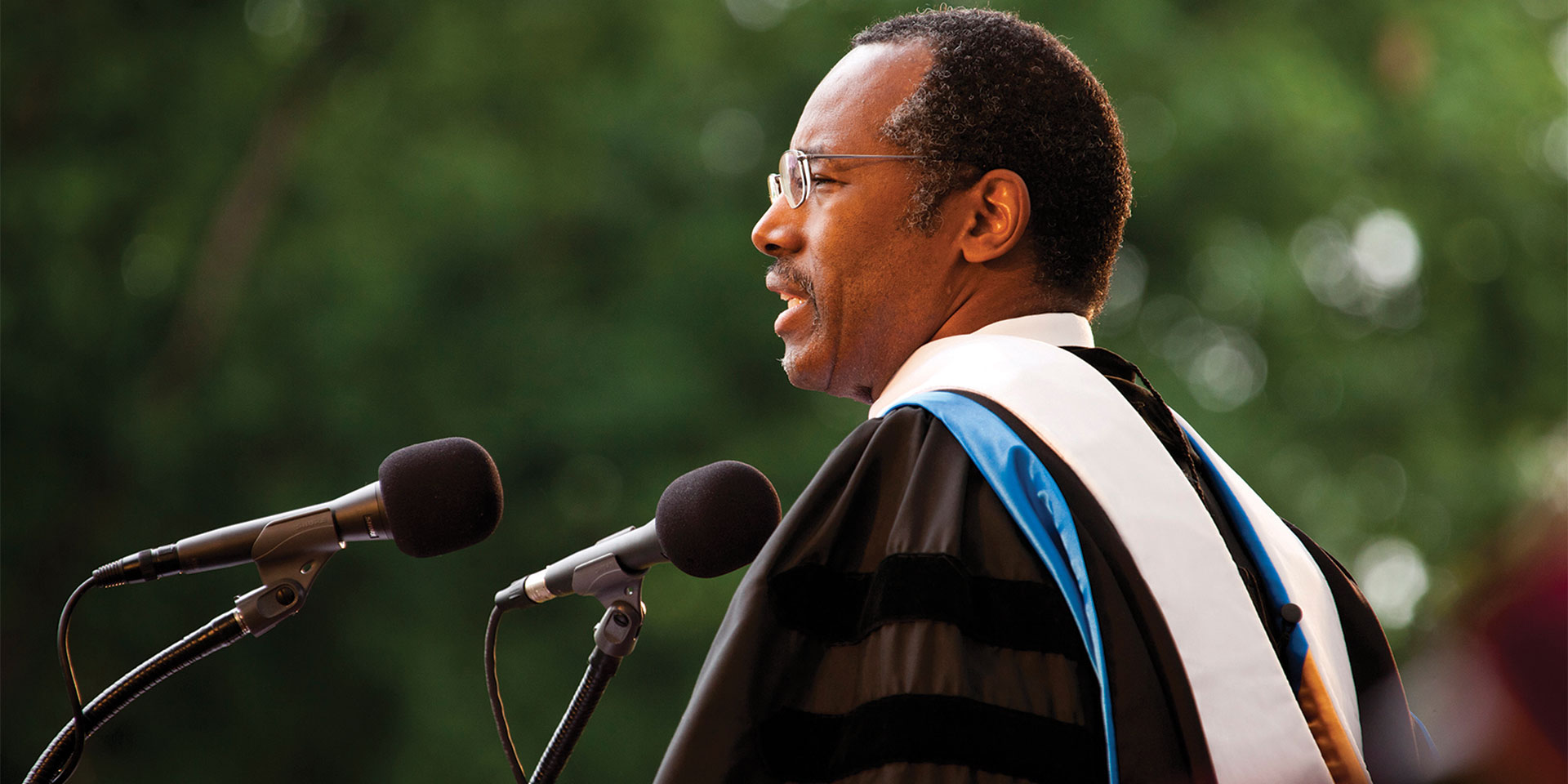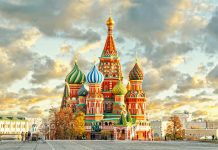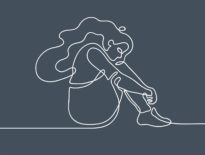Benjamin Solomon Carson is the famous American neurosurgeon who, in 1987, became the first to successfully separate twins conjoined at the head.
A Yale graduate, Carson received his doctorate from the Michigan Medical School. Throughout his career, Carson worked as a neurosurgeon, oncologist, plastic surgeon, and paediatrics professor, as well as the director of the Department of Paediatric Neurosurgery at Johns Hopkins University. He also established a foundation, the Carson Scholar Fund, for supporting students with great school results, which is also involved in helping those in need.
In 2008, Dr Carson received the Presidential Medal of Freedom from the President of the US, George Bush. In February 2013, Carson gave a highly publicized speech at the National Prayer Breakfast, an annual event in the USA. The impact of his speech was all the greater as President Barack Obama was also present at the event. The policies of Obama, in some respects, were not in line with Dr Carson’s views. Ben Carson is also known for his writing. Some of his bestsellers include: Gifted Hands, Think Big, Take the Risk, and The Big Picture.
AB: After a very difficult start in life, you came to the point where undreamed-of opportunities were laid before you and you chose neurosurgery. Why was that?
BC: I asked myself what I was good at, because God gives one talents for what He wants one to do. I analysed myself and saw that I had very good eye-hand coordination, and the capacity to think tri-dimensionally. I had careful yet firm movements. I started to think of all this and my interest in the brain. Thus, I said to myself, I must become a neurosurgeon since I am perfectly gifted for this. Many thought it was a weird idea because, at that time, there were only eight black surgeons in the world. For me, however, it was something very natural.
AB: When you decided on the title of your first book, Gifted Hands…
BC: …I acknowledged God had given me a special gift.
AB: In time, you came to perform incredible surgeries. For some you needed large teams, with dozens of people, working together for days on end.
BC: One of the keys to success was to learn to work together. If it does not matter who gets the credits, but one looks for the final result, it’s amazing how much cooperation is possible. One comes to work synergistically with smart and talented people and the results can be spectacular.
AB: You are an exceptional neurosurgeon, you have trained thousands of students, you have written books, received the Medal of Freedom in your country and had incredible achievements. When you look back at the first half of your personal life, what gives you the biggest satisfaction?
BC: There are many things that bring me joy. I often meet former patients because I have performed so many surgeries. They are healthy and this gives me a lot of satisfaction. I meet students and doctors who tell me that one of the first books they read was Gifted Hands and that this influenced their lives. Some of them say that they heard me talk or saw me on TV and their life was changed for the better. This brings me a lot of joy. Hearing about people who came close to God brings me even greater joy.
AB: Because you mentioned God, I know the Bible had a crucial role in your childhood. Were you able to continue studying the Bible with such a tight schedule?
BC: Absolutely. I begin and end the day reading from the Bible. I also read during the day. It’s something I have done since I was 14 and what I will continue doing till the day that I die. It has become a part of me, because, as the psalmist says, “Your word is a lamp for my feet, a light on my path”. God gives us guidance and wisdom. I ask Him for wisdom daily. The book of Proverbs, from which I read every day, was written by Solomon. Thanks to him, my parents decided that my second name should be Solomon. I think He knew I would identify with the book of Proverbs. When Solomon became king of Israel, do you remember the first thing he did that made him famous? Two women came to him each claiming that they were the mother of the same child. What did he do? He ordered the child be cut in two. This is how I became famous, separating Siamese twins. I believe God has a sense of humour.
AB: What do you consider to be a good platform to talk about God? Is it enough to be brave?
BC: You must have certain qualities. Opportunities are important too. There are many people who sing with a ‘heavenly’ voice but will not make it to a stage in Hollywood because they are not in the right place at the right time and they do not have the right connections. There are many excellent speakers, but they do not have a platform, they are not heard. This cannot be planned. It’s something that is given to you. You can use the opportunity or not. I believe God gave me that platform for a purpose. He gave me my career for a purpose. In this career one needs a lot of creative thinking and a lot of bravery. To talk about public matters one needs the same qualities.
AB: At one point, you had a debate with one of the world’s staunchest atheists, Dr Stephen Hawking. What was that experience like?
BC: He has no patience for those who believe in God and thinks they are stupid. I told him straight: “What you believe in is also a religion.” In fact, I believe more religion is required than in my case, because more faith is required. I told him: “In your system of beliefs, something was created out of nothing. I never saw that happen. I don’t even have any scientific proof to support this. But let’s say something just came out of nothing. Then you say it exploded and created a perfectly organized solar system and the universe as such. At the same time, you believe in the second law of thermodynamics, according to which things have a tendency to move towards a state of disorganization. How can you reconcile the two?” Of course he had no good answer for this.
I asked him how flowers pollinate. He told me this happens through bees, butterflies, insects, hummingbirds. I told him that here we agree. But what came first? According to his theory, plant life existed hundreds of thousands, if not millions of years before these creatures existed. How were they pollinated then? Of course, he didn’t have a good answer to that either. I then told him that we have complex organic systems, like the kidneys, eyes, and brain that have multiple components working interdependently. These cannot function on their own. According to natural selection, things that are not functional will disappear in the generations to come. How do we then come to complex organisms? Will a rod from the retina wait millions of years for cones to appear, and more millions of years for the neurons and the nervous system?
I told him I do not understand how this will work and asked him to explain. Of course he couldn’t. And this went on and on.
Then I told him: “There are many things you cannot explain, which you accept by faith. Therefore, what you believe is your religion. You choose to put your faith in the human and his ever-changing ways. I choose to put my faith in God and in His unchanging ways.”
AB: Was he willing to listen?
BC: No.
AB: Dr Carson, you grew up in difficult times, in a hostile environment, in poverty. At that time, many people from disadvantaged backgrounds achieved very good successes. Do you think it is still possible to see something like this today?
BC: I believe there are many opportunities for those who are determined not to become victims. A thing that happened especially in the United States is that we moved away from a society that focused on “I can” to one that focused on “what others have to do for me”. Many people have become dependent on the authorities. In many cases, the government tries to determine them to become dependent because it can thus ensure their vote, promising goods and services even if it cannot keep its word. I am confident many people from the poorer part of society will come to understand that opportunities really do exist. When you develop your mind, you become a valuable person and people will make their way to what you’re doing. But no one can do that for you. You must make this choice on you own.
AB: What does it mean to be successful? How do we measure success?
BC: I believe success means being able to develop and use your God-given talents to make yourself useful in the society you are living in. I believe that this is success, not having a billion dollars in your bank account and sitting around all day on your personal yacht or jet and doing nothing for anyone. For me, that would be a very unsuccessful life.
AB: Recently you decided, and I believe that it must have been quite painful, to end your career as a neurosurgeon. You now dedicate your time to public presentations. What do you seek to achieve by this?
BC: To have maximum influence we must have powerful relations. The most powerful relation there is, is the one with God. He controls all things. For me, it’s fascinating that I have many conferences. Almost every day I’m in another town. The groups of people are so big and people are so enthusiastic. I talk about faith, values, common sense, about the problems the country faces and the logical solutions to these problems. People are interested in such subjects.
They are not interested in complicated theories, drafted by economists with PhD diplomas that do not work and make things worse. They are interested in common sense things. If you went over budget, then stop spending so much. Do things honestly and equitably. Everybody should be treated the same. We must use our logic when we do these things.
AB: This is your favourite word: “logic”, “a logical policy”. I mean logical, not political.
BC: That would be an oxymoron. There is no logic in the political sphere, because everyone is after seats and what is good for them instead of looking out for the public good.
AB: You say politicians have moved away from the original idea of what it means to represent the people.
BC: People have completely lost track of their objectives. They are interested in being re-elected, in having greater support.
AB: Still, there are voices and political parties that talk a lot about help for the poor and disadvantaged. Is this propaganda or something attainable?
BC: It can definitely be attained, but there is a way for this. The reason why churches and non-profits do not have to pay taxes is the fact that they help the people in their community. They should do this. We should encourage them. Every time the government tries to take on this responsibility it fails. After a while it can no longer do it. We must once again use our common sense.
AB: Are there enough resources to care for all the poor?
BC: Of course there are, if people are willing to offer them to others. We must underline the fact that we need to learn to have compassion, to share what we have with others.
AB: Is seems that Jesus has a contradictory message on this matter. He once refused to meddle in a family dispute and do justice. One other time He said we must free those who are slaves, to re-establish justice. We cannot do justice, free the slaves just by preaching, because the slaves are in chains. We must change the laws. We must fight with those who enchain the oppressed. You cannot do that just by asking nicely.
BC: You can teach people how to break their chains. For instance, if we look at the poor Afro-American population in America, whose situation is worsening, we must teach people to let the cash flow two or three times inside their own neighbourhood before externalizing it. This is how wealth is created. Then, you must teach people to turn back to their own when they become rich, so that their own also become rich and teach others. This is the financial success secret of the Jewish and Korean communities who have big financial achievements because they learned to let the cash flow. These are lessons that must be learned. This is the thing a wise leader does. A wise leader does not say: “The reason you are poor is because that person is rich”, thus generating misunderstandings between them.
AB: So, on one had we must teach everyone to be responsible, and, on the other hand we must teach all to give, according to their financial capability.
BC: This is the reason why I spoke at the National Prayer Breakfast about a tax system that is based on the tithe model. Who is more honest than God? He says: “If your crops do not grow you still owe Me the tithe.” He does not say, “You owe me a threefold tithe.” He just says we owe him a tithe because the system is self-regulated. If you win a billion dollars, you pay ten million dollars. If you win a dollar, you give 10 cents. The system self-adjusts. As soon as you start modifying it according to what you believe someone should give, you take God’s place, you say you know more than He does, although you don’t.
AB: Recently you started writing a regular column in The Washington Times. What is the purpose hereof and what kind of messages do you send out?
BC: The point is to throw a different point of view out there, a point of view that is centred on people and not the government. I realize there are people who do not agree with me. No problem. I say that when two people agree about everything one of them is useless. We must promote a civilized dialogue. It’s okay to not agree, but we must talk about it. This way we will reach a consensus. We will not reach a consensus by bashing the person we disagree with.
People are too easily offended and look for reasons to attack you, to slander you. They do not pay attention to the message, to the bigger picture. We must always do this. By bringing this message into discussion constantly, I believe we can have a great impact.
AB: Are you confident that a Christian can change something in the society in which they live by using their influence, logically and selflessly, for what they truly believe in? Isn’t it a battle that’s lost from the very start?
BC: It’s not a lost battle. It’s something we must fight for. I would love for Christ to return tomorrow. Meanwhile, I think He gives us skills and opens doors, offers us opportunities to live out the Gospel and to allow Him to change others through us.
AB: Dr Carson, one last question. In your most recent book, America the Beautiful, you said that God orchestrated your life from the beginning until now. What did you mean by that?
B.C.: When I look at my life and see the different doors that were opened, the different opportunities that came up, I see God had already laid the ground before He opened those doors. He had arranged everything from the very beginning. He offered me once-in-a-lifetime cases, one after the other. They helped me quickly build a reputation and ensured me a position. Then there’s also the way in which He placed the right people at the right time in my life. Honestly, it couldn’t have been better!
This is why I speak openly about my faith and have always done that. In Proverbs 3:5-6 we read: “Trust in the Lord with all your heart and lean not on your own understanding; in all your ways submit to him, and he will make your paths straight”. He did this for me. I testify about Him, regardless of where I am or what I’m doing. I am not ashamed of this. I admit that He is the source of my success.
For instance, I’ve been asking myself why I was asked to speak at the National Prayer Breakfast, at its last edition. I had spoken there before, 16 years ago and I knew no one who spoke twice. Then I learned that Billy Graham had spoken twice. I told the Lord: “It’s clear that there’s something you want me to say there.” He did and this opened the next stage of my life. I always rely on Him. I always look to Him. He always watches over me in a wonderful way.



















